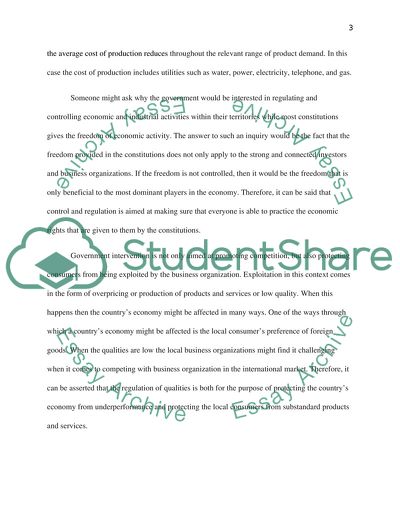Cite this document
(Theoretical and empirical evidence from managerial economics suggests Essay, n.d.)
Theoretical and empirical evidence from managerial economics suggests Essay. https://studentshare.org/macro-microeconomics/1850990-theoretical-and-empirical-evidence-from-managerial-economics-suggests-that-governments-should-take-a-tougher-stance-in-preventing-collusion-controlling-mergers-and-takeovers-and-regulating-natural-monopolies-discuss
Theoretical and empirical evidence from managerial economics suggests Essay. https://studentshare.org/macro-microeconomics/1850990-theoretical-and-empirical-evidence-from-managerial-economics-suggests-that-governments-should-take-a-tougher-stance-in-preventing-collusion-controlling-mergers-and-takeovers-and-regulating-natural-monopolies-discuss
(Theoretical and Empirical Evidence from Managerial Economics Suggests Essay)
Theoretical and Empirical Evidence from Managerial Economics Suggests Essay. https://studentshare.org/macro-microeconomics/1850990-theoretical-and-empirical-evidence-from-managerial-economics-suggests-that-governments-should-take-a-tougher-stance-in-preventing-collusion-controlling-mergers-and-takeovers-and-regulating-natural-monopolies-discuss.
Theoretical and Empirical Evidence from Managerial Economics Suggests Essay. https://studentshare.org/macro-microeconomics/1850990-theoretical-and-empirical-evidence-from-managerial-economics-suggests-that-governments-should-take-a-tougher-stance-in-preventing-collusion-controlling-mergers-and-takeovers-and-regulating-natural-monopolies-discuss.
“Theoretical and Empirical Evidence from Managerial Economics Suggests Essay”. https://studentshare.org/macro-microeconomics/1850990-theoretical-and-empirical-evidence-from-managerial-economics-suggests-that-governments-should-take-a-tougher-stance-in-preventing-collusion-controlling-mergers-and-takeovers-and-regulating-natural-monopolies-discuss.


